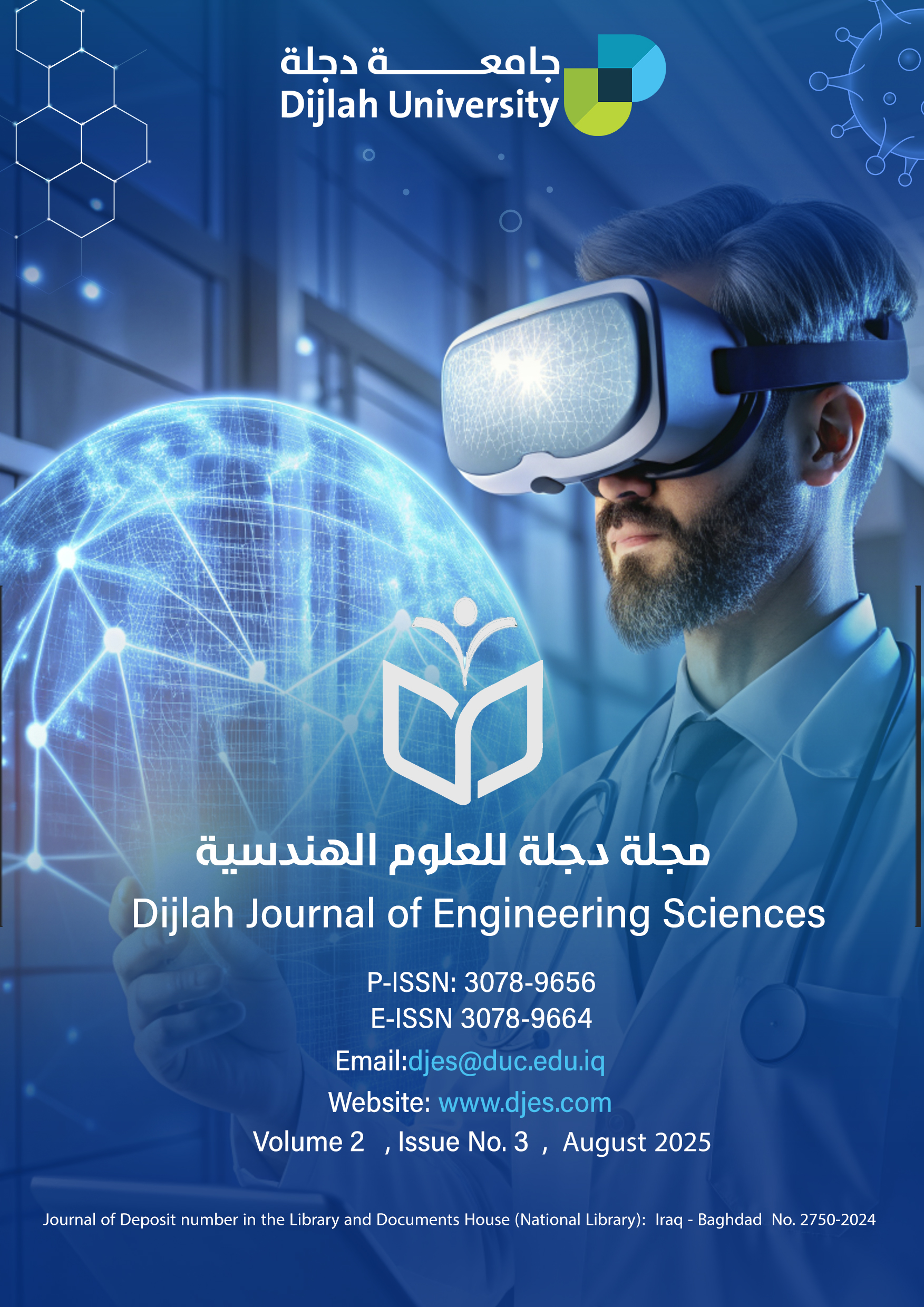An Intelligent Q-Learning-Based Framework in Embedded Systems
DOI:
https://doi.org/10.65204/djes.v2i3.130Keywords:
Reinforcement learning Energy efficiency Q-Learning IoT optimization Sustainable software engineeringAbstract
As embedded systems increasingly power energy-sensitive applications, optimizing software for minimal energy consumption has become a critical challenge. This study introduces a reinforcement learning (RL)-based framework that autonomously refactors Python code to enhance energy efficiency. Targeting legacy codebases, the proposed model leverages Q-learning to detect performance bottlenecks and apply structural code transformations. Experimental results based on CPU usage and execution time profiling in a Google Colab environment indicate an average energy reduction of 27.6% over traditional static optimization methods. The framework continuously adapts its strategy through learning iterations, making it both scalable and compatible with modern software engineering workflows. These findings underscore the model’s potential in advancing energy-efficient development practices, particularly for IoT and resource-constrained computing environments, while contributing meaningfully to the intersection of AI-based code analysis and sustainable computing.

